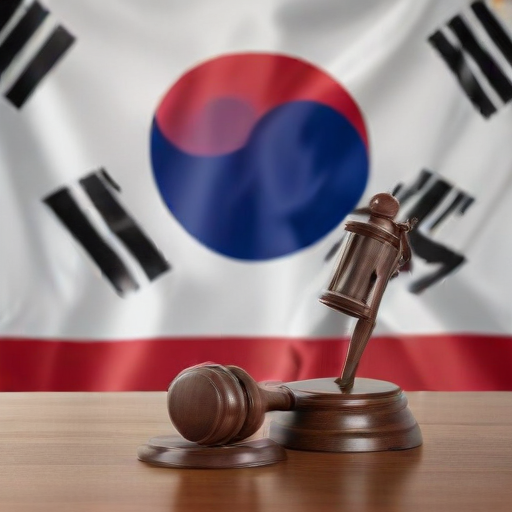In response to President Yoon Suk Yeol’s declaration of martial law in South Korea, Boram Jang, an East Asia researcher for Amnesty International, emphasized the imperative need to safeguard human rights. Jang stated that the declaration must not serve as a pretext for violating individual freedoms.
President Yoon’s justification for martial law includes the eradication of what he deems “shameless pro-North Korean anti-state forces.” Reports suggest that this martial law will restrict parliamentary and political activities, control media and publishing practices, and ban public assemblies and demonstrations. Such extensive measures raised concerns about a potential regression in human rights advancements over the years.
Under South Korean law, martial law is only permissible in scenarios of extraordinary threat, such as warfare or armed insurrection. It remains uncertain if the rationale provided by the president—linked to alleged anti-state activities and ongoing impeachment processes—meets the necessary legal criteria outlined in the country’s Martial Law Act. The principles of international human rights law dictate that any recourse to martial law must be exceptional, strictly necessary, and time-limited.
Jang asserted that even during public emergencies, the rule of law should take precedence. The imposition of martial law should not suppress dissent or infringe upon fundamental rights. President Yoon’s actions must align with international standards to uphold both the rule of law and the protection of human rights.
Despite the current turmoil, there is hope that the international community will closely monitor the situation in South Korea, emphasizing the importance of human rights and rule of law in times of crisis. This situation serves as a reminder of the delicate balance between national security and individual freedoms, and the international legal frameworks designed to protect those freedoms even during challenging times.
Summary: Amnesty International criticized President Yoon Suk Yeol’s declaration of martial law in South Korea, stressing that it should not compromise human rights. Concerns were raised about the legality of the declaration, given the need for strict justifications under South Korean and international law. The situation highlights the importance of maintaining the rule of law and protecting fundamental freedoms in times of crisis.
